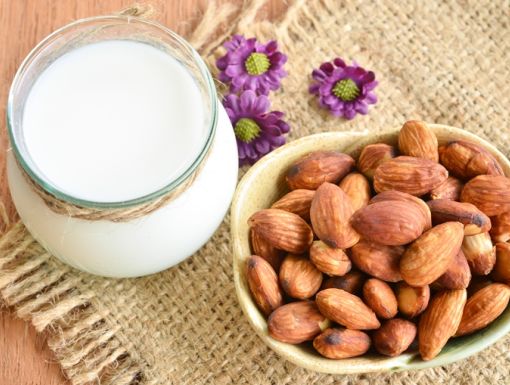
5 Best Healthy and Nutritious Yogurt Picks: Plain, Flavored and Plant-Based
Yogurt can be an excellent source of protein, calcium and probiotics, the beneficial bacteria that support a healthy gut microbiome.
A good gut microbiome can enhance our digestive health, boost our immune system and even improve our mood and mental health.
But tread carefully; some yogurts pack nearly a day’s worth of added sugar in a single serving.
Here are five top picks that include something for everyone – plain, flavored and vegan. Also, learn what to look for on labels, including what really matters and what doesn’t.
What are the 5 best yogurt options?
Fage, 2% Plain Greek Yogurt
- 120 calories, 5 grams carbs, 5 grams sugar (0 added sugar), 17 grams protein
- no sweeteners added
Chobani, nonfat plain Greek yogurt + Chobani Less Sugar
- nonfat plain: 80 calories, 6 grams carbs, 5 grams sugar (0 added sugar), 14 grams protein
- less sugar: 120 calories, 11 grams carbs, 9 grams sugar (5 grams added sugar), 12 grams protein
Siggi’s, plain 0% skyr + Siggi’s lower-sugar and simple ingredient skyr
- Nonfat plain: 90 calories, 6 grams carbs, 4 grams sugar (0 added sugar), 16 grams protein
- Simple ingredient: 130 calories, 11 grams carbs, 8 grams sugar (5 grams added sugar), 12 grams protein
- Sweetened with less cane sugar
- 90 calories, 7 grams carbs, 5 grams sugar (0 added sugar), 15 grams protein
- Sweetened with stevia
Kite Hill Greek style plant-based yogurt (vegan), plain + vanilla unsweetened
- Plain: 120 calories, 4 grams carbs, 0 sugar (0 added sugar), 15 grams protein
- Vanilla unsweetened: 120 calories, 4 grams carbs, 0 sugar (0 added sugar), 15 grams protein
- No sweeteners added
How do you read your yogurt nutrition labels?
What matters
- Ingredient List: Keep it simple. Milk, sometimes cream and live active cultures are really all that’s needed. Anything more adds sweetness, thickness and/or flavor.
- Added Sugar: Ideally zero, or close to it
- Protein: Most traditional-style Greek yogurt brands have 16-20 grams of protein per 6-ounce serving. Look for at least 10-12 grams of protein in plant-based alternatives.
- Calcium: Most brands offer about 10-20% of the daily value for calcium (160 to 240 mg calcium) per serving.
What is less important
- Calories: If ingredients are simple and added sugar is zero or close to it, calories should also be in check. Typically, calories range from 120-130 calories for a serving of reduced-fat Greek yogurt and 200 calories for full-fat.
- Total sugar: Usually 2 to 6 grams per 6-ounce serving; this is lactose, the naturally-occurring milk sugar in yogurt (note for the lactose intolerant: probiotics in yogurt help to digest this lactose for us). Unsweetened plant-based options can have less than 0-1 gram of total sugar.
- Saturated fat: Typically, 2 to 2.5 grams per 6-ounce serving of 2% reduced-fat Greek yogurt is not a concern for most people. The difference in flavor and texture is striking and, most would say, worth it.
Sign up for our Food and Fitness newsletter for weekly tips and recipes delivered to your inbox.



